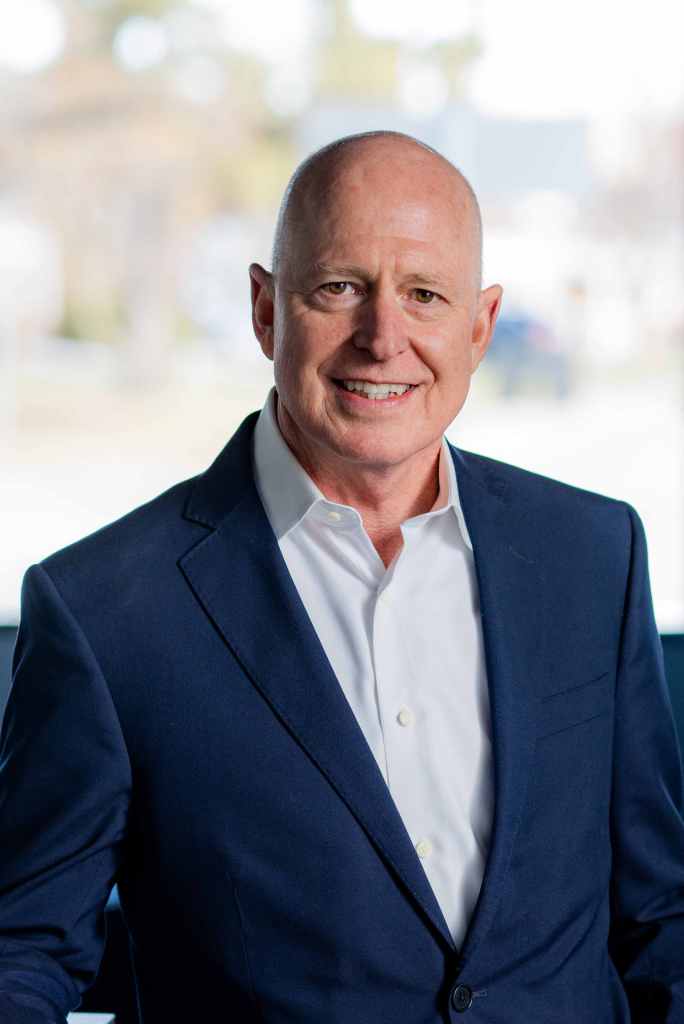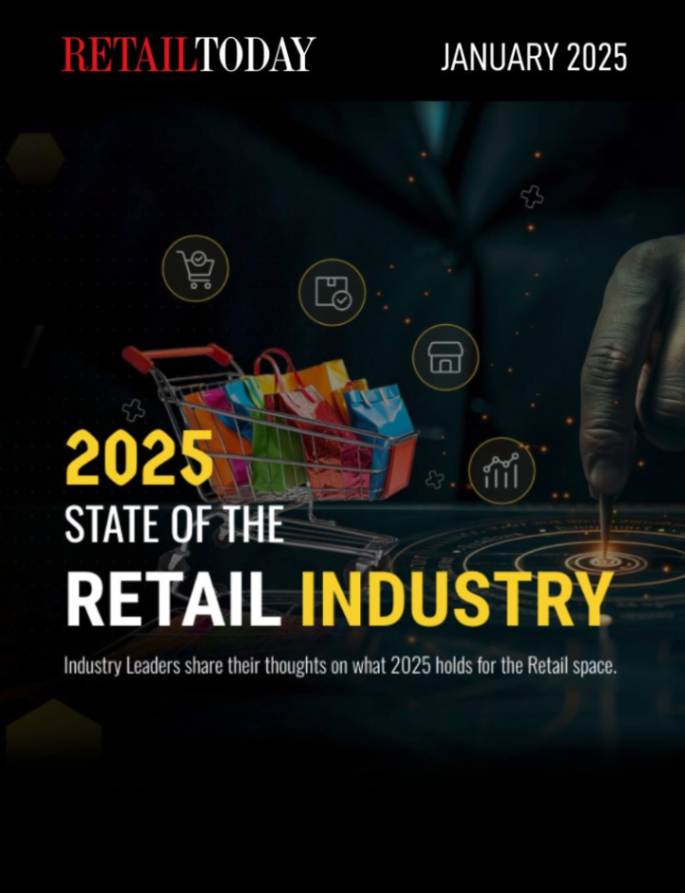
From a labor standpoint, 2023 seems to be playing a broken record for retailers.
Battling a still-tight labor market, followed by sky-high turnover rates hovering at 75% for hourly retail workers–seven in 10 executives surveyed for Deloitte’s 2023 Retail Outlook said labor remains their number one challenge this year. Add to that inflation, pressure for wage increases, rapidly changing consumers, and a recession on the horizon. Another year, another storm.
But the retail outlook isn’t all doom and gloom. If retailers have learned one thing in the last few years, it’s how to remain resilient and rethink outdated strategies in favor of innovative ones that allow them to quickly respond to changing tides.
Rounding out the first quarter, many retailers have been taking a more conservative approach to hiring this year. However, they’re still looking for ways to get the labor they need in a way that doesn’t burden the P&L. As retailers rethink their workforce strategy, the gig economy can lend a helping hand in a few key ways.
1. Cost Control Measures
Last year, retailers lost more than $63 billion in sales due to labor challenges. This year, as staffing struggles persist and cost-saving measures are the number one agenda item, retailers who lean into the gig economy can tackle both.
As retailers continue to crunch numbers, they still have inventory to move and products to get on the shelves. However, calculating the costs associated with that come at a time when many are tightening their purse strings. By leveraging a pool of on-demand gig workers, retailers can avoid the time, resources and high overhead that comes with traditional employment. Think recruitment, onboarding and benefits–not to mention turnover costs.
2. Workforce Optimization
Retailers regularly face the challenge of replacing more than half of their store staff every year. As that challenge continues to grow and budgets continue to shrink, having the right number of staff in the right place, at the right time might seem far-fetched. Being understaffed and you’re looking at stressed workers and lost revenue. Being overstaffed puts pressure on profit margins.
Helping retailers optimize their workforce, the gig economy enables retailers to match supply to demand. Whether it’s supplementing staff, responding to spikes in seasonal demand or filling labor gaps on the fly–retailers can leverage a pool of workers who are motivated and ready to work.
3. The Need for Flexibility
In case you’ve missed the headlines, flexible work is here to stay. According to McKinsey & Company, retail is the only industry in which flexibility ranks as the number one driver of why someone might leave their job. A powerful statistic we’re watching come to life in the form of historically high quit rates.
With the gig economy ballooning by 30% during the pandemic, businesses are quickly discovering the value people have placed on flexible work. By tapping into this growing pool of talent, retailers can build a flexible, internal talent marketplace and quickly respond to labor needs as they arise. It’s a win-win as workers get the flexibility they crave and retailers get the workers they need.
Looking ahead, gig workers will become an increasingly important part of the workforce. With more than 60 million people now taking part in the gig economy, retailers that tap into the growing on-demand ecosystem will gain a competitive advantage–one that’s able to successfully navigate what’s ahead.
Standing at the crossroads of expertise and innovation, Hyer Founder and CEO, Dave Dempsey knows a thing or two about fulfilling work. Backed by nearly four decades of executive experience—Dave launched Hyer in 2019 in an effort to reinvent the way work gets done—while empowering people and businesses along the way. Prior to starting Hyer, Dave spent 37 years at PepsiCo, building a strong reputation throughout many strategic and executive roles—most recently serving as the Vice President of Sales Transformation. Over his tenure at PepsiCo, Dave was the proud recipient of multiple awards—recognizing him for his proven results, outstanding ethics and overall drive for success.






